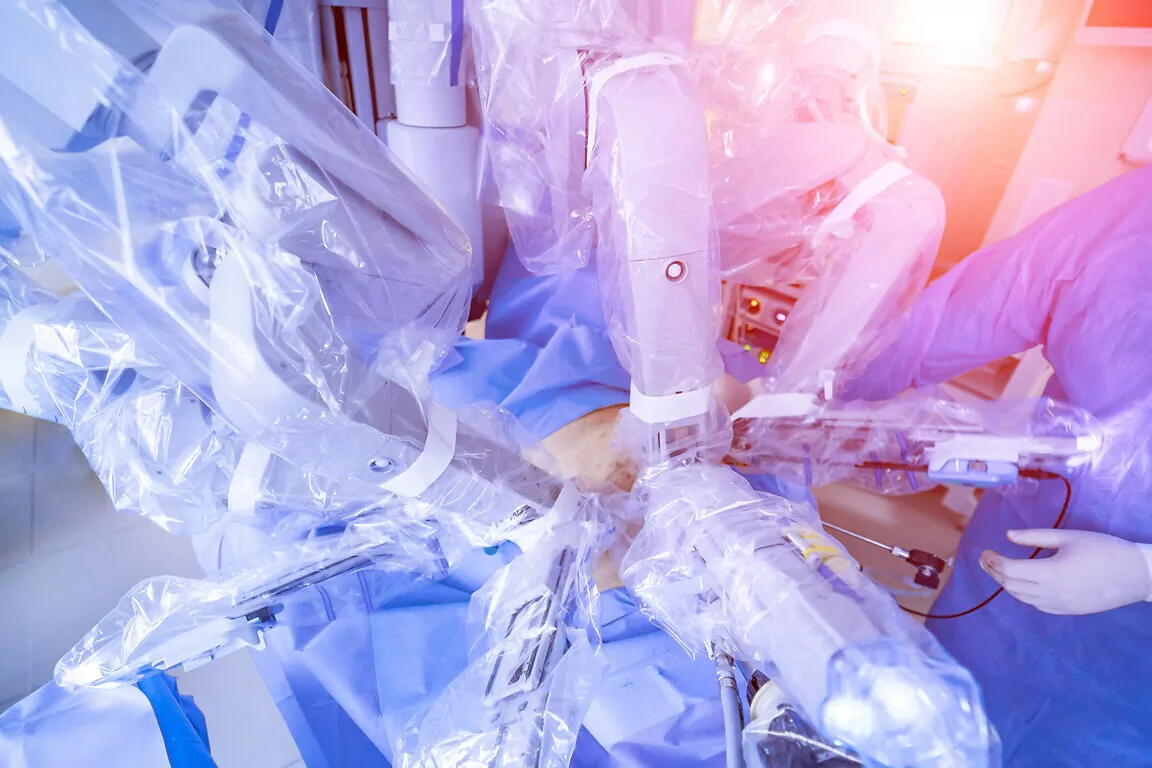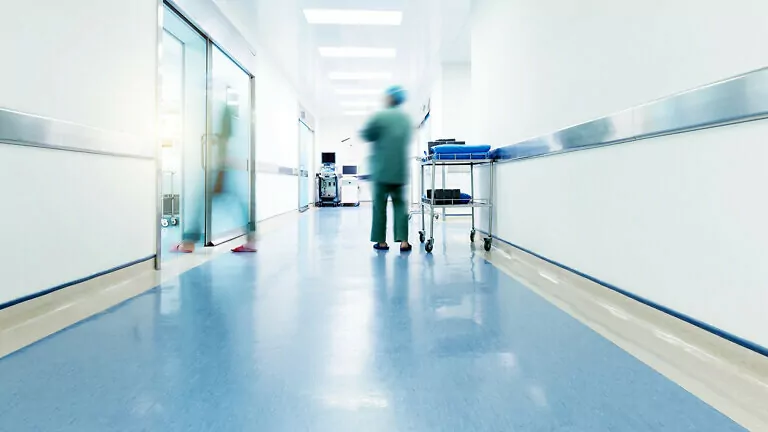From its expanded base in London, the global healthtech firm wants to drive research and development in software for robotic-assisted surgery in the UK and globally.
Global healthtech firm Medtronic has doubled both the size of its London office and grown its London workforce to over 200, to create a global hub for AI and robotics in surgery.
Located in London’s Old Street “Silicon Roundabout”, the Medtronic Centre of Digital Excellence wants to drive research and development in software for robotic-assisted surgery in the UK and globally.
The site is part of a multi-million-dollar investment in the Britain over five years and brings together some of the UK’s leading medical software engineers, including new software developer roles, to advance digital surgical capabilities and applications, across global healthcare systems.
“The future of surgery is increasingly digital. Our investment reflects the significant talent and innovation here in the UK, including in AI, and is a statement of intent to transform healthcare outcomes for surgeons and patients worldwide, said George Murgatroyd, the company’s vice president of digital technologies.
Minimally invasive technology
The Medtronic London centre has already designed highly specialised computing and software for operating rooms – now installed in more than 30 countries worldwide. The team has developed and launched many AI algorithms to help surgeons automatically access data and analytics after performing surgery. This digital technology supports surgical teams in their planning, learning, and collaboration with other experts around the world – including through secure live streaming. The London centre is central to Medtronic’s surgical robotics innovation – with capabilities in development, including AI-powered decision support capabilities for surgeons while they operate, in real-time.
The site also features a mock robotic operating theatre to test new technologies and allow healthcare professionals to engage directly in the future of digitised procedure rooms.
In March, Prokar Dasgupta, professor of surgery at King’s College, London, and chair of the Centre for Robotics at The London Clinic, highlighted how robotic surgery has become democratised.
He said that patients experience less blood loss, reduced pain, shorter hospital stays and faster recovery. More to the point: “Despite initial concerns over cost, studies have since demonstrated that the minimally invasive technology is cost-effective for most cancers when compared to open surgery,” he wrote.



